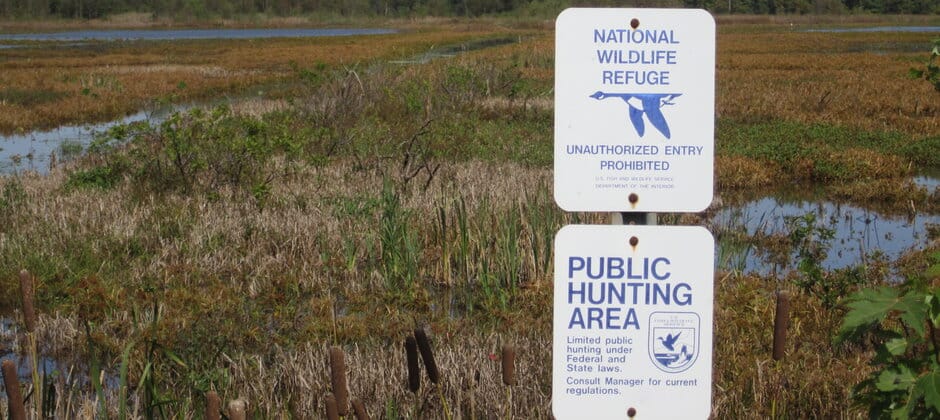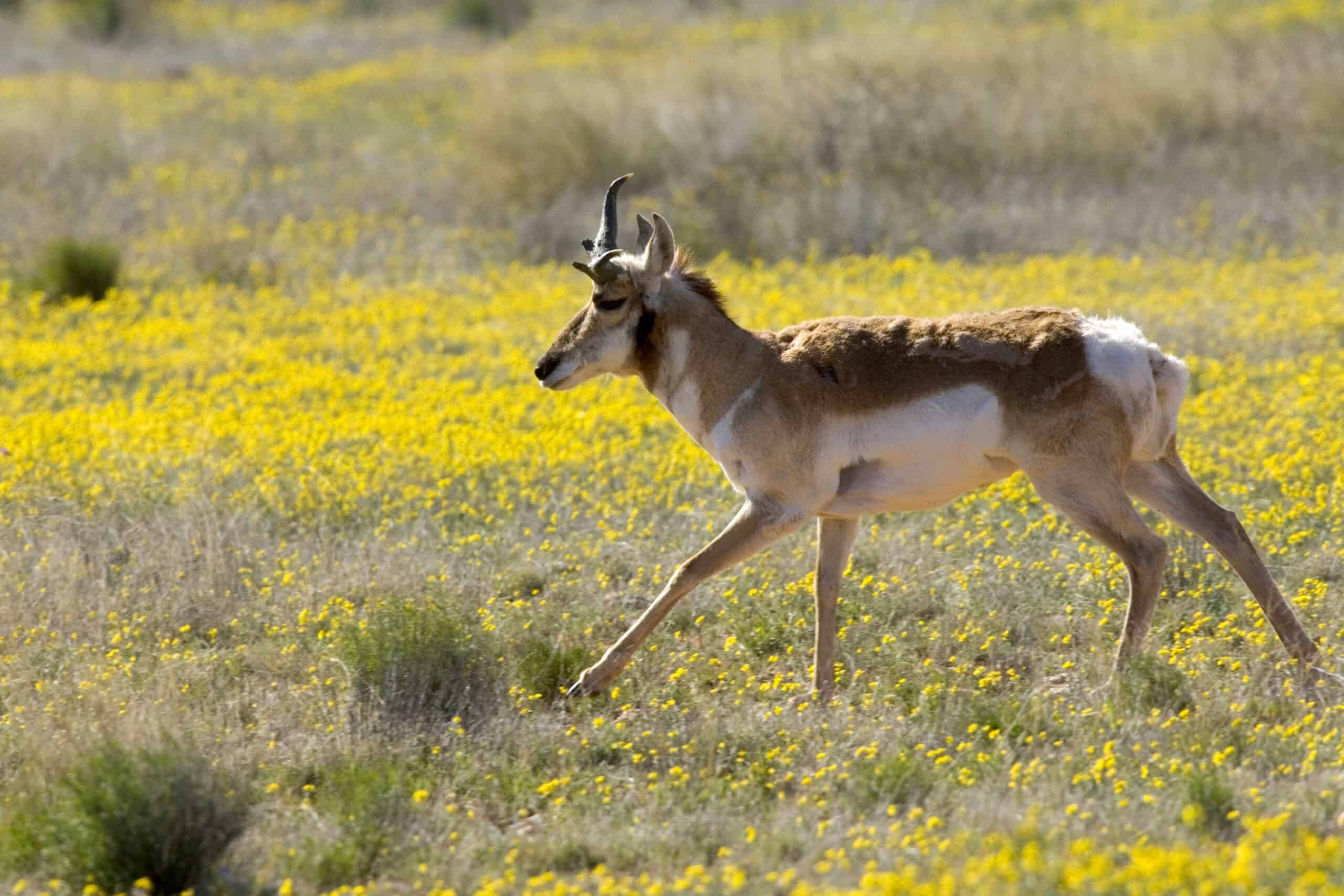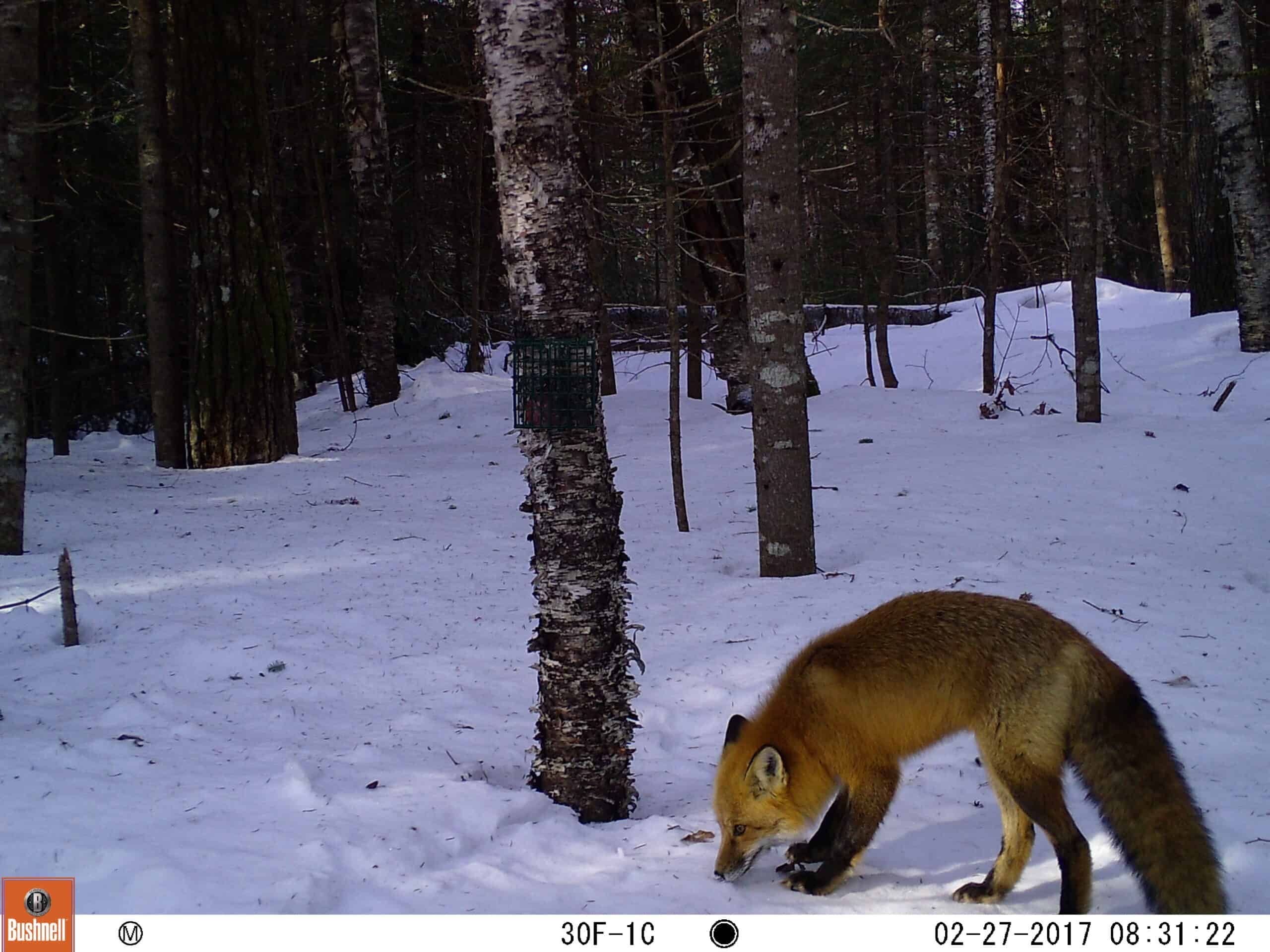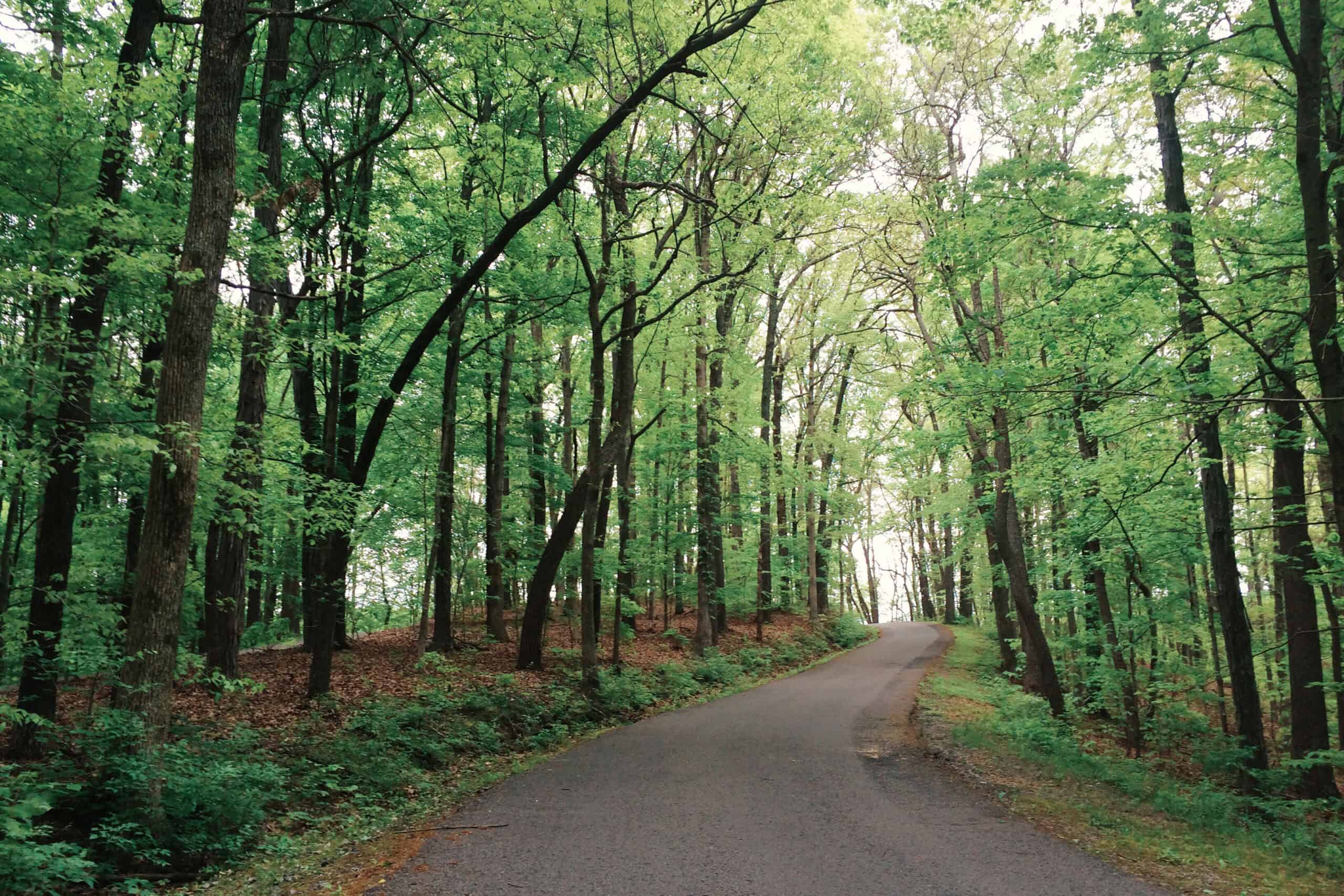Share this article
USFWS issues new lead ammunition rules on wildlife refuges
The U.S. Fish and Wildlife Service announced 2022-2023 hunting and sport fishing regulations in early September, including new wildlife refuge-specific restrictions on lead ammunition and tackle, and the authorization of hunting and fishing on certain refuges.
The USFWS reviews existing hunting and sport fishing regulations on its national wildlife refuges annually. The agency can alter or propose to open refuge areas for this use if they determine its compatible with the conservation mission of the refuge and state laws. In this year’s final ruling, the USFWS announced the opening of two refuges to recreational hunting and sport fishing for the first time as well as the expansion of these opportunities in 16 other refuge sites. The USFWS also changed regulations in certain refuges pertaining to migratory game bird hunting, upland game hunting, big game hunting and sport fishing.
Additionally, various NWRs will require or have proposed non-lead ammunition and tackle by fall 2026. Patoka River NWR is the only station within the final rule that has a definitive non-lead requirement. Eight other refuge sites including Blackwater, Chincoteague, Eastern Neck, Erie, Great Thicket, Patuxent Research Refuge, Rachel Carson and Wallops Island NWRs also proposed a non-lead requirement that would take effect in 2026. The USFWS plans to continue monitoring the use of lead on refuges and will provide another opportunity to comment on the proposal for the other eight refuges during next year’s 2023-2024 rulemaking.
In June 2022, a notice for comments on the proposed changes was published in the Federal Register. The USFWS then took the comments into consideration when drafting the final rule. The Wildlife Society commented on the hunting and fishing access proposal, encouraging the Service to continue to use the best available science when making its decision on lead use in national wildlife refuges. Additionally, TWS urged the Service to work closely with public stakeholders as well as state and tribal agencies on a comprehensive strategy for informing hunters and anglers on the negative effects lead poses to biological systems and providing information on non-lead alternatives.
The Wildlife Society’s position statement recognizes the harmful effects of lead exposure on wildlife and promotes the phasing-out of lead hunting ammunition and fishing tackle with the support of voluntary replacement with non-lead products through education and outreach.
Read The Wildlife Society’s position statement on Lead in Hunting Ammunition and Fishing Tackle
Header Image: A hunting notice posted in Snakey Point Marsh at Pakota River National Wildlife Refuge. Credit: USFWS








